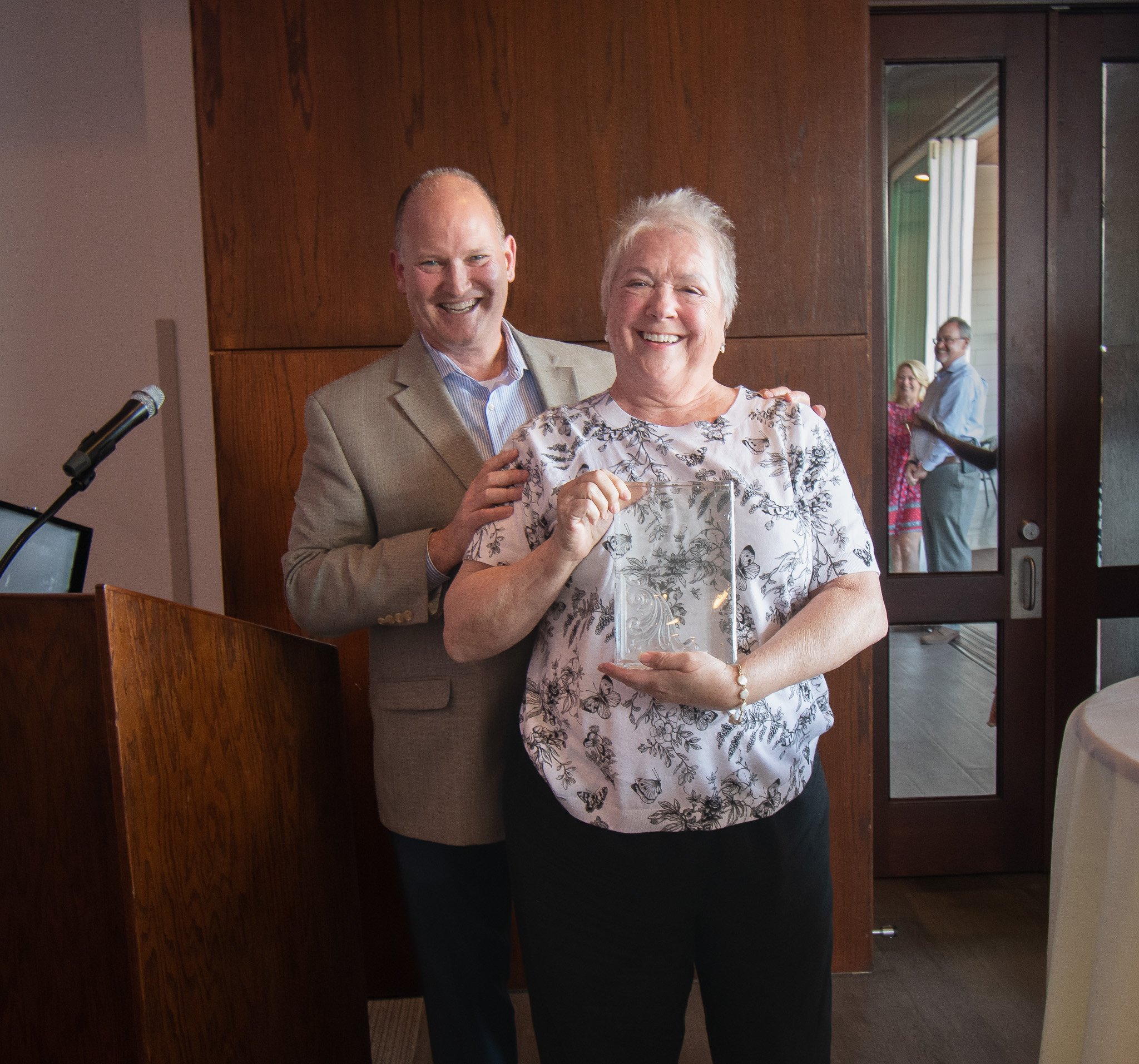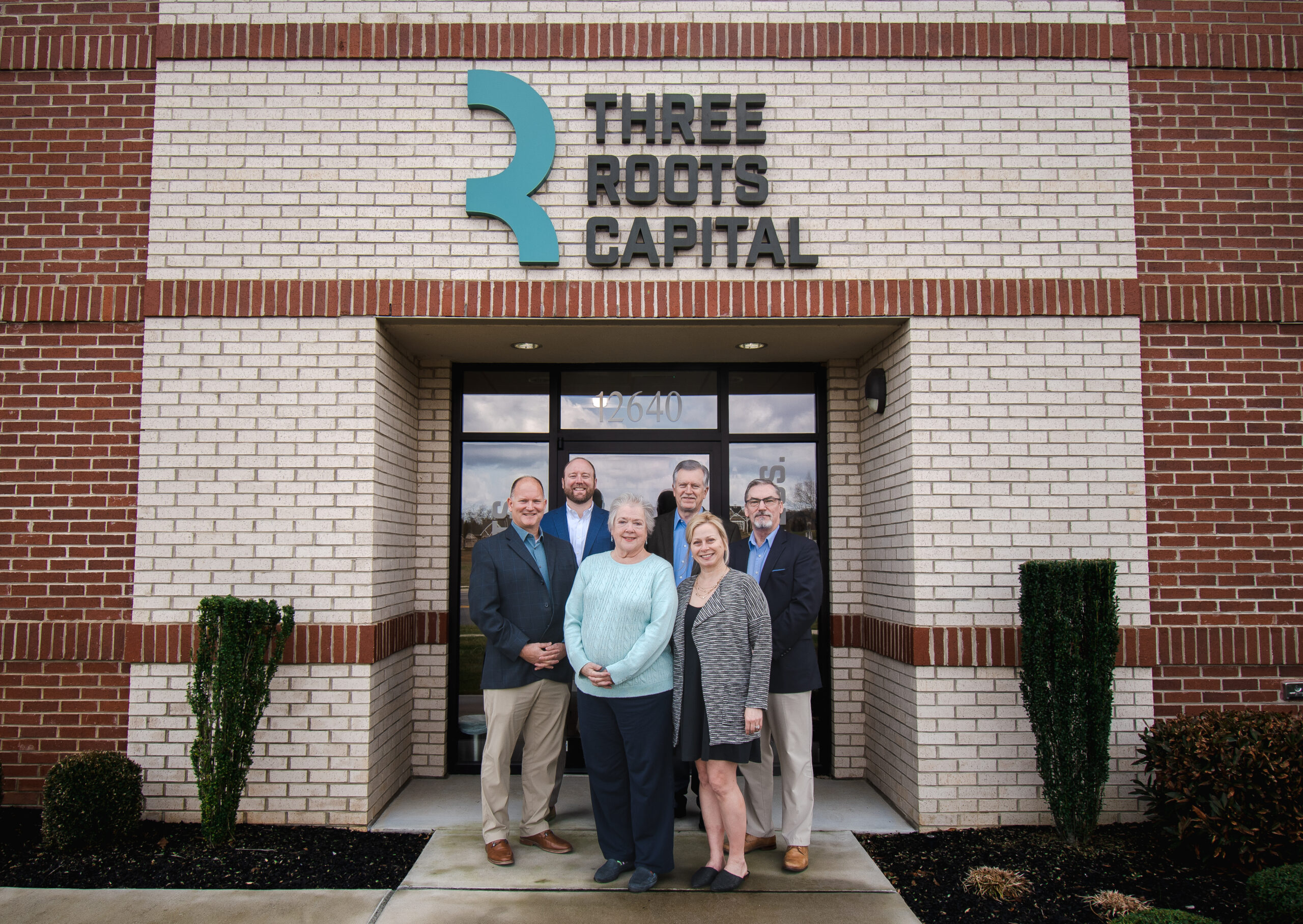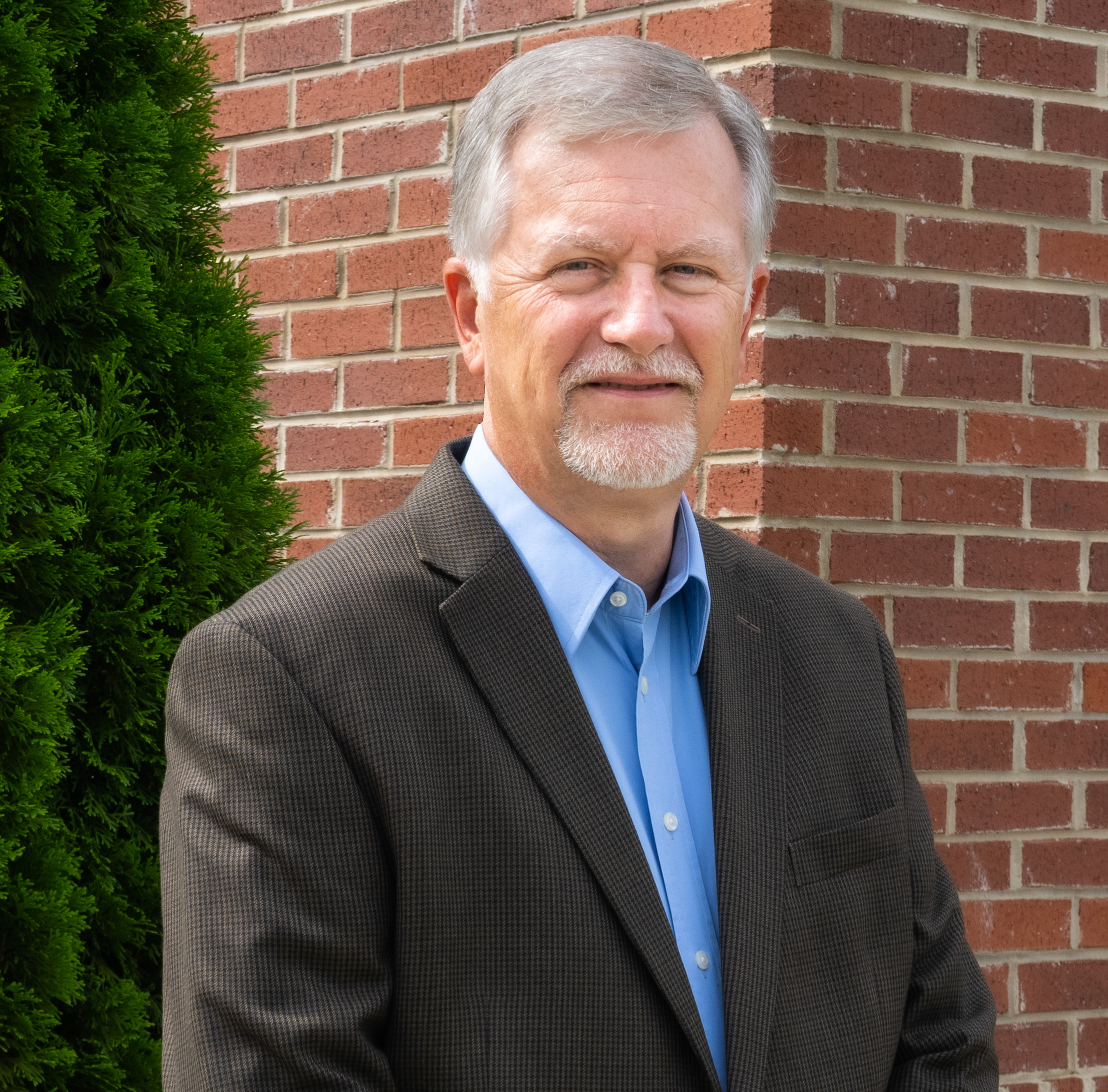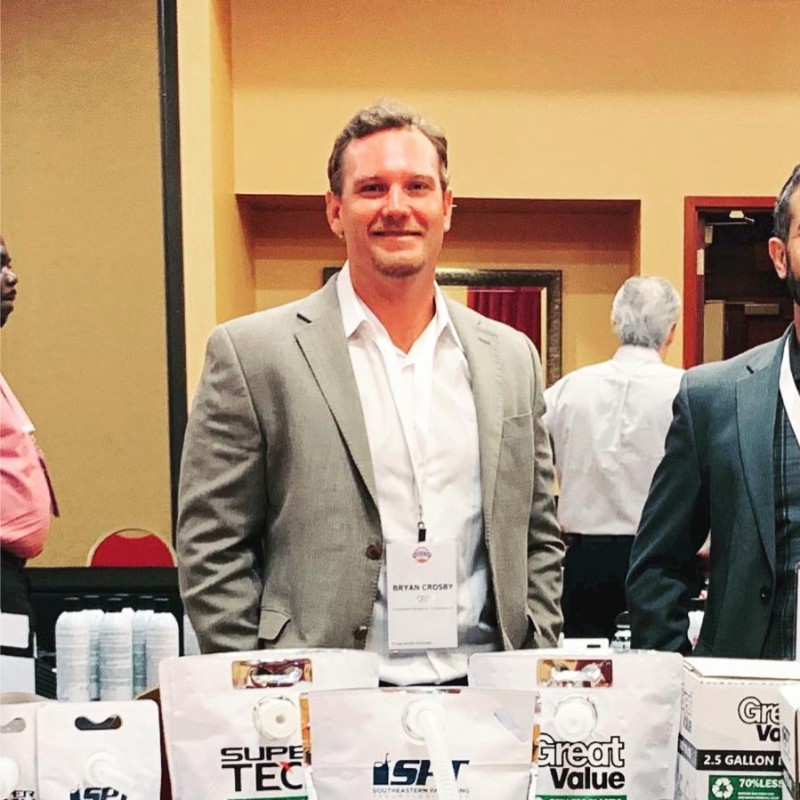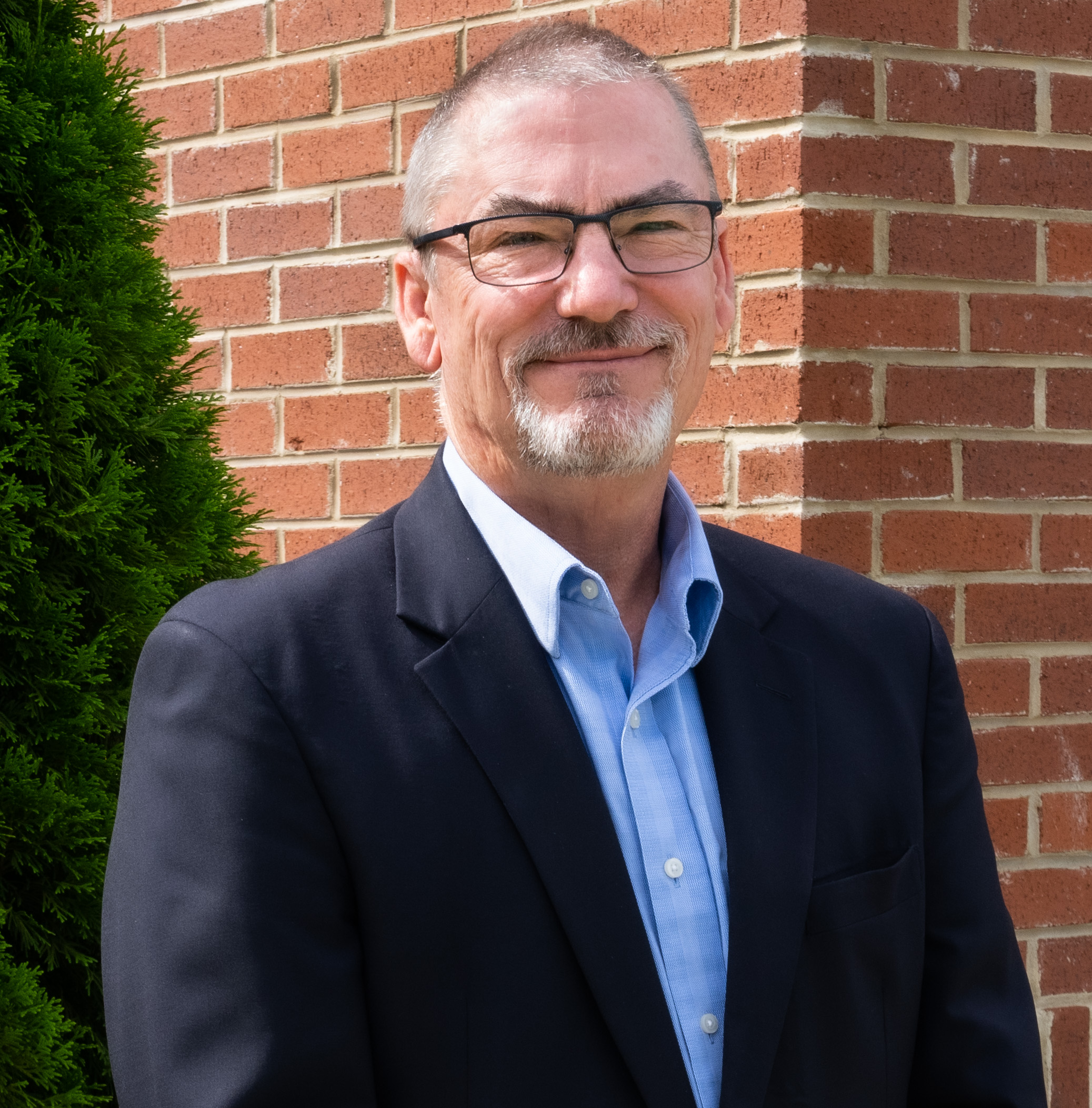
Dennis Corley has been a valuable member of Three Roots Capital (3Roots) since 2017 and was recently named Director of Small Business Lending and Investing. With a diverse background as a technology executive, advisor and business owner, Dennis offers lending and business technical experience for 3Roots’ clients, especially startups and small businesses.
“I’m not big on taglines, but if I were, mine would be ‘Always be kind and helpful when you can,'” said Dennis. “I like helping people in general and have some business acumen that is helpful to the small businesses I work with.”
Born into a military family, Dennis moved around as a kid, eventually settling in Louisiana. He received his bachelor’s degree in computer science with a minor in physics from Louisiana State University, Shreveport.
“I had no idea what I wanted to do when I graduated high school,” laughed Dennis. “But computers were a big thing in the 1980s, and I’m pretty analytical, so I thought it would be a good field.”
After graduating, Dennis worked for IBM on federal, classified projects in the Washington D.C. area for several years. Following a company restructuring, he joined SAIC as a senior systems engineer, eventually bringing him to the organization’s East Tennessee office.
“I didn’t know much about Oak Ridge. I went to work for them to help them win a specific contract at the CIA – which we did,” said Dennis. “I told them I wanted to get back to the South because I didn’t like the winter weather in Maryland. And after a couple of years, they were true to their word.”
Through SAIC, in 1996, he began working as a loaned executive for Technology 2020 (Tech 2020), the first entrepreneurial support organization for startups in the region. At Tech 2020, Dennis met recently retired Melissa (Missy) Muendel, Shawn Carson, a current lecturer at the Haslam College of Business at the University of Tennessee (UT) and a former 3Roots team member, and Tom Rogers, President & CEO of UT Research Park and a valued 3Roots partner.
“We were doing some cutting-edge stuff for the time,” said Dennis.
Eventually, Dennis became a Tech 2020 employee, and he met future 3Roots Board Member Ray Moncrief and Grady Vanderhoofven, who would become 3Roots’ founder, president, and CEO. Vanderhoofven was working in the same building after he left Oak Ridge National Laboratory to run several venture capital funds with Moncrief.
“I always told myself that I would like to work with those guys someday because what they were doing was so interesting,” said Dennis.
In the early 2000s, Dennis left Tech 2020 to run Digital Crossing Networks, a young Tech 2020 creation and the first provider of data center co-location services in the region. During his tenure, the company was acquired twice – first in 2011 and more recently in 2016.
Shortly after this time, Shawn told Dennis about an opportunity to join the newly launched 3Roots. In 2014, Grady led an effort to help Tech 2020 obtain certification as a community development financial institution (CDFI), which happened in January 2015. In 2016, as Tech 2020 wound down, Grady leveraged Tech 2020’s CDFI status to launch 3Roots. For Dennis, it felt like a natural fit and coming “full circle” from his career at Tech 2020.
“I’m technically the longest-standing employee at 3Roots,” joked Dennis.
In his role, Dennis primarily works on small-business lending and business coaching projects, such as operating 3Roots’ rural microloan program and managing a federal grant with UT Research Park. Dennis also serves as 3Roots’ liaison for the Innov865 Alliance and manages inbound lending and investing requests from small businesses.
“Dennis is not only tremendously sharp and diligent, but he is a genuinely good person,” said Vanderhoofven. “He can operate both ‘in the weeds’ and on a higher, strategic level. From growing and exiting a company to working with startups in our portfolio, Dennis understands what it takes to operate a business, making him an ideal person at 3Roots to support up-and-coming entrepreneurs in our community.”
